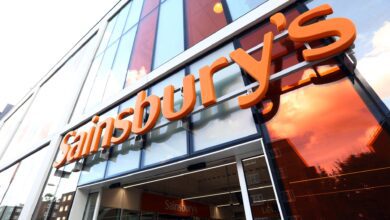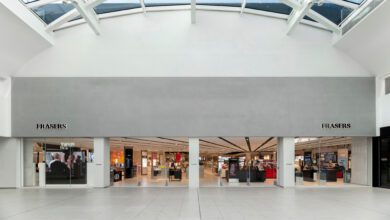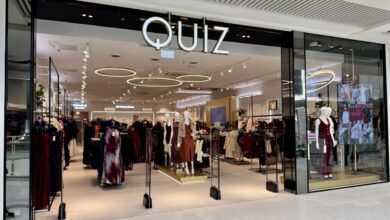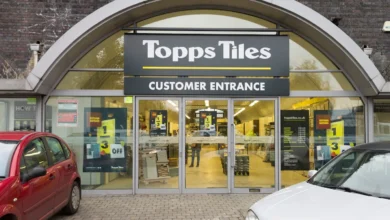Retail sales improve as good weather drives clothing sales
Computer and telecommunications sales grew strongly, partly driven by the release of the new iPhone, while online jewellers reported a strong demand for gold
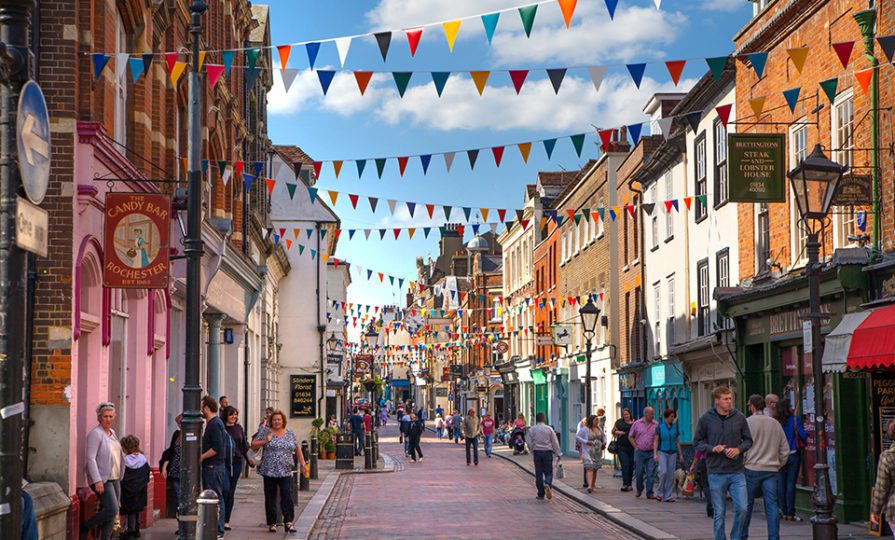
Register to get 1 free article
Reveal the article below by registering for our email newsletter.
Want unlimited access? View Plans
Already have an account? Sign in
UK retail sales rose 0.5% in September as a result of a 1.5% increase in non-store retailing and a 1.2% increase in household goods, according to data from the Office for National Statistics.
The rise in total sales in September was the fourth consecutive month of increase as volumes reached their highest levels since July 2022.
This follows an increase of 0.6% in August 2025, a figure which was revised up from a 0.5% rise in a previous ONS bulletin.
According to the ONS, the quantity of goods bought in retail sales is estimated to have risen by 0.9% in Quarter 3 (July to Sept) 2025 when compared with Quarter 2 (Apr to June) 2025.
“Good weather in July and August helped clothing sales in Quarter 3, while non-store retailers showed sustained monthly rises over both quarters,” the report said.
Computer and telecommunications sales grew strongly, partly driven by the release of the new iPhone, while online jewellers reported a strong demand for gold.
Jacqui Baker, head of retail at RSM UK and chair of ICAEW’s Retail Group, said: “Retail sales picked up again in September, as consumers spruced up their homes as we headed into autumn and the new iPhone release boosted technology sales. Despite incomes being squeezed, households continue to spend as demonstrated by a run of positive sales for the last four months.
“While sticky inflation and budget uncertainty didn’t hit retail sales last month, there’s every possibility constant speculation could suppress consumer confidence in the lead up the budget. Households could be tempted to put the brakes on spending, so retailers may be entering a more challenging period during what should be their busiest time of the year.”
She added: “Until the outlook for the economy improves and consumers feel a bit more optimistic, we could see more choosing to save rather than splurge. Even if given an unexpected £1,000 windfall, a third of Gen Z consumers (34%) would choose to save or invest rather than spend it.
“The upcoming budget is the chancellor’s opportunity to kickstart the UK economy and relieve pressure on the retail sector, including the current business rates burden. Until then, retailers are currently stuck in limbo, with many putting investment and hiring decisions on hold as they wait for the outcome of the budget.”


